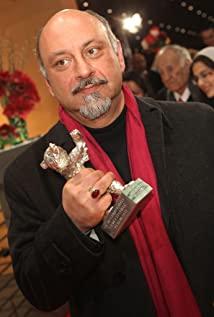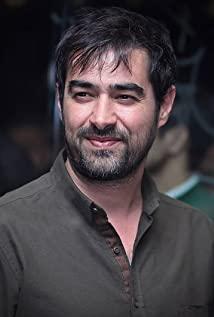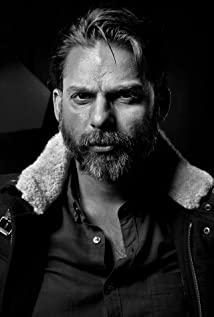I have learned in politics class that the state is the product of irreconcilable class contradictions. If there is a state, there will be classes, and if there are classes, there will be contradictions. Similar to us, the powerful middle class or immigrants from higher classes who are working hard, The common people are struggling to survive.
These two parallel classes, which would never have intersected, intersected because of the divorce agreement proposed by the middle-class wife Westminster to her husband Nader, and then expanded to the care of Alzheimer's patients, and the sentencing of accidental fetal death. Thinking about the test of faith and these kinds of questions... The
two-hour movie, the most uncomfortable thing for me is the tears left by Westminster's daughter after helping her father make a false confession in that narrow courtroom. For a young child, how cruel it is to make a choice in front of his own father and conscience, but Nader used the great reason of fatherly love to tempt his daughter to make a choice. After seeing this, I was reproached in my heart. This father, do I have enough confidence to blame? It's me, can I really not do this?
Then Westminster and Nader arguing over whether to pay Reitz, a woman who lost a child, 15 million. Personally, I feel that it is the climax of the movie. Nader blamed Westminster for trying to escape when he encountered a problem, not wanting to solve it; Westminster blamed Nader is stubborn and stubborn. Maybe each country can be roughly divided into two types of people, one is Westminster and the other is Nader.
In the last scene, Westminster and Nader divorced. The judge asked their daughter if she had chosen who to go with. The woman said "yes, I did." Westminster and Nader left the small courtroom and waited in the corridor. In the corridor, the quarrels of women and men, the cries of children, the "prisoners" waiting for trial, and the police guarding these "prisoners" are repeated every day. The broken glass of a door in the corridor, like Nader and Simin's broken marriage, until the end, we don't know the daughter's choice.
The director just told us this story plainly and impartially. If you were that daughter, how would you choose?
View more about A Separation reviews











